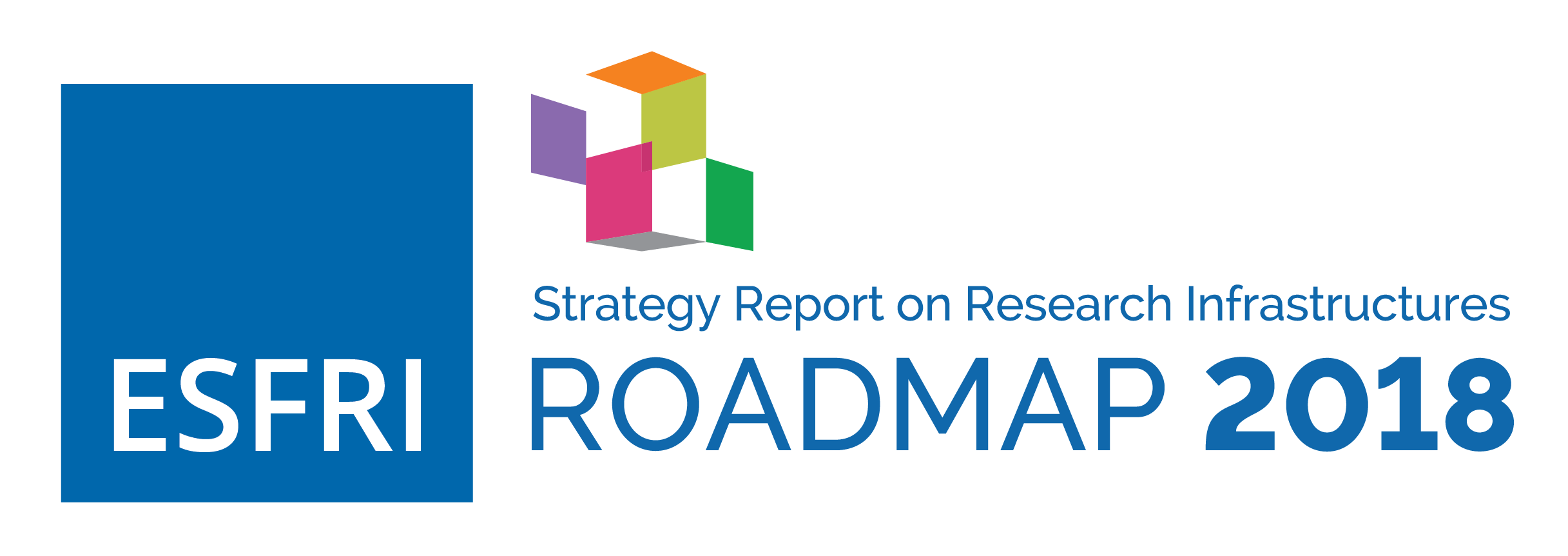Innovation
RIs are important innovation drivers for the development of a competitive knowledge-based economy providing competences and data to – for example – society and industry. They are mission driven open innovation centres – knowledge hubs – where advanced technologies are created for serving the RI’s specific mission and for maintaining the RI’s scientific excellence by involving industry and services in public/private partnerships, spin-offs or start-ups therefore realizing an effective knowledge-transfer to industries that raises their standards. Conversely, RIs are test beds of innovative equipment and instrumentation.
Among the solutions developed at RIs and successfully transferred to industrial or civil applications one can quote, within the PSE domain, detectors of electromagnetic fields from terahertz to X-rays, neutrons, electrons, high energy particles, and the associated signal electronics; adaptive optics and advanced integration of mechanics and nanomechanics from telescopes; extremely stable power lasers and ultra-short laser pulses; stable hadron beams; imaging; irradiation; high throughput signal processing, data reduction and distribution; visual or textual pattern recognition; efficient archiving and more. All the above yielded innovation in medical, environmental, information, production monitoring, security, computing applications.
Industrial Liaison Offices and Industry Advisory Boards of RIs are the typical interfaces to industry as user-supplier-partner. On the market side a central European portal should inform thoroughly on calls for tenders, RI needs and Technology Transfer (TT) opportunities, upcoming procurements concerning all major RIs.
Research data represents significant financial assets and business opportunities: RIs manage the full chain of data from production and provision of metadata, data curation, long-term preservation to open data services for research and, when appropriate, pay-services for commercial re-use of data. Ensuring research data availability across disciplinary borders, and data handling and portability of results are increasingly important in many industrial and service sectors.
Distributed RIs in the H&F, ENV, and SCI areas are seeds for research and innovation hubs of excellence throughout Europe, also offering services to SMEs, from quality control to new product development and training. Overall IPR issues for cooperation with industry for the development of new devices, the commercial use of scientific data, and ethical considerations are sensitive issues across the fields.
Innovation along the whole value-chain for electrical energy production, from structural materials to components and devices and their integration into the energy system, is supported in the ENE domain by the ESFRI RIs that address cutting edge research in this field within a governance scheme that includes industrial advisors.
ENV RIs foster innovation for new measurement concepts and technologies for environmental monitoring in all compartments of the Earth system. The transfer of cutting edge solutions to industry is often realized by spin-off companies and start-ups linked to the RIs.
SCI RIs contribute to innovation articulating aspects as Innovation in service industries, creating new services based on Natural Language Processing, machine learning and semantic technologies based on knowledge graphs, design, game development and social media. Societal and cultural innovation detects spontaneous, emerging changes in society – e.g. co-housing practices among seniors or evolution of ideas and aspirations among citizens and helps innovative policies with evidence-based guidelines about appropriateness and acceptability of rules and norms.
The European Open Science Cloud (EOSC)The European Open Science Cloud (EOSC) https://ec.europa.eu/research/openscience/index.cfm?pg=open-science-cloud is an emerging Digital Infrastructure with structuring impact on European science and beyond, setting up a European Data Infrastructure, underpinning high-capacity cloud solutions with super-computing capacity, federating its services to RIs and community produced ones and widening the user base to the public sector and industry. As such, the EOSC will be a fundamental enabler of the digital transformation of science, offering access and reuse of research data in Europe, across disciplines and borders. EOSC has the potential to leverage past investment in research data infrastructures to add value in terms of scale, interdisciplinary, and faster innovation. ESFRI recognised the Research Infrastructures and their users will enable a successful start of the EOSC providing high quality controlled data and data analytics. A suitable organization of work should be designed to optimize the roadmap towards the realization of the EOSC goals by fully exploiting the ESFRI contribution, as recommended by the European Council in May 2018.
By covering different aspects of key future digital technologies, innovation is driven forward by ESFRI data-intensive RIs. Given the service-oriented nature of the field, innovation support to the industry and business is inherent for the ESFRI RIs, which are data-intensive.




